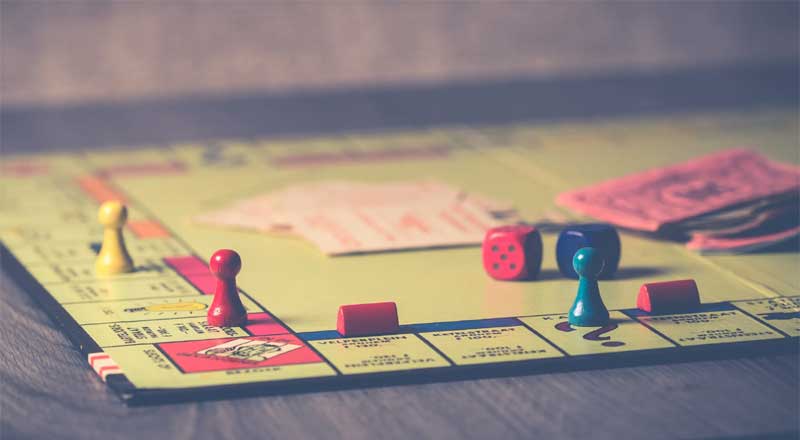 One of the greatest tests for teens has nothing to do with calculus, although it has plenty to do with calculating – calculating what will happen. The big ‘What If’?” Taming temptation means helping your teen to understand their natural craving for undiluted pleasure, passionate desire, extreme danger, and their unabashed seduction by the unknown.
One of the greatest tests for teens has nothing to do with calculus, although it has plenty to do with calculating – calculating what will happen. The big ‘What If’?” Taming temptation means helping your teen to understand their natural craving for undiluted pleasure, passionate desire, extreme danger, and their unabashed seduction by the unknown.
Teens need to know the pleasures and pitfalls for their oft predictable temptations. They need your guidance on how to engage their “thinking brain” long enough to actually foresee the consequences or likely outcomes from the many very exciting opportunities that every teen GROWS through.
Your teen doesn’t have the breadth of experiences that you have. This causes your teen to be consequence-challenged in your eyes; please note, it has more to do with brain development, not their effort. Often your teen just can’t see around the bend. At the height of their exciting endeavor, they don’t engage their pre-frontal cortex (most often, neither do you). Become injured? Hurt someone? Cause a family crisis? Go to jail? Become a teen parent? Huh, what are you talking about? Really, they are NOT that egocentric. Rather, their prediction and empathy connections are just now being hard wired. Those connections we parents most want for our teens, the connections to the part of the brain that handles mindful decisions, doesn’t fully form until they turn about 25-years-old. That’s right. Twenty-five.
So what can you do? Help your teen connect the dots during non-stressful times and in a non-stressful ways. You might get their thoughts about important family decisions that involve a go/no-go element. Or you can make an informal game out of dialoging about other teens lives; have your teen tell you the possible and most likely outcomes for a specific decision these teens recently made.
You want to help your teen build the neural connections which result in their ability to stop an emotionally driven activity long enough to engage their “thinking brain.” In a few years – less time for older teens – they can truly become ‘responsible’ for their decisions. It takes lots of practice to develop these habits and neural pathways…to hone their predictive abilities and be able to rewrite their own history while in the heat of the moment. Think about it, even adults are frequently challenged to think through outcomes; you can reframe this by thinking about adults you know who are having affairs, who get irate about food service, or, hmmm, yell at their teens…do they seem to be thinking about outcomes? Or, is their life propelled by their emotional being. Hey, it’s why reality TV and blooper shows are so popular.
(This post summarizes one of the Brain Frames from If Your Teen Could Talk, a book written by Dr. Hooton)





